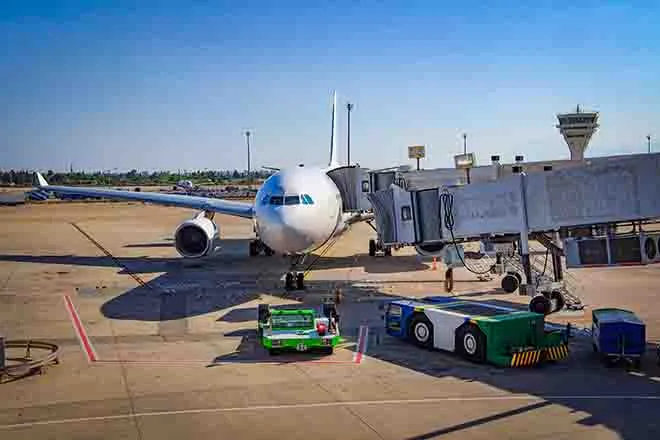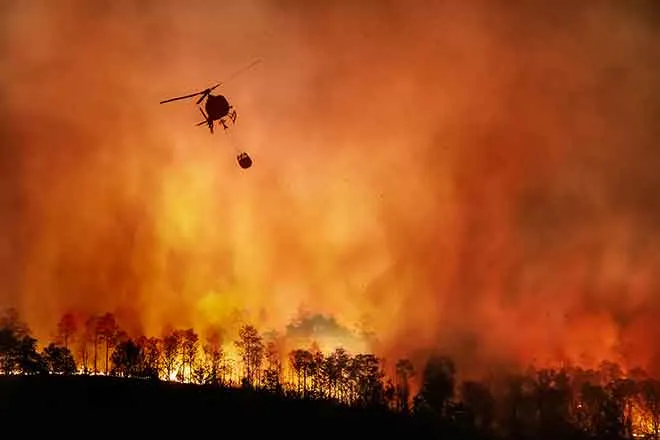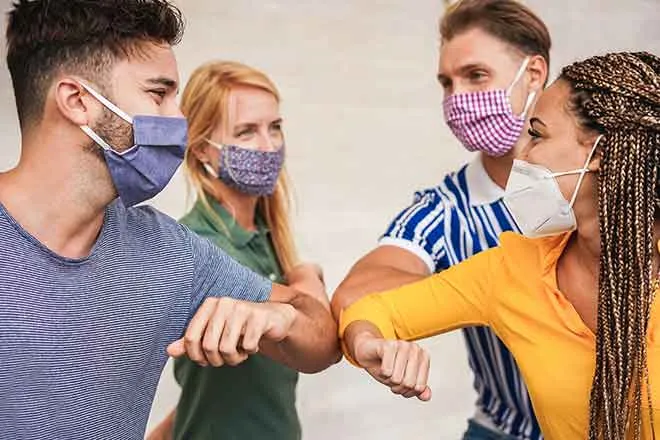
Daily Audio Newscast - October 27, 2025
© AlexLMX - iStock-823000260
Six minutes of news from around the nation.
Hurricane Melissa is now the strongest storm on the planet this year; Hoosier ranchers bristle at Trump's Argentina beef plan; Clean energy politics collide with SD rural development; Dozens of Missouri hospitals at risk as rural health crisis deepens.
TRANSCRIPT
The Public News Service, Daily Newscast, October the 28th, 2025.
I'm Mike Clifford.
Hurricane Melissa underwent extreme rapid intensification over the weekend and continues to strengthen.
The rare Cat 5 has winds of 175 miles per hour with stronger gusts, making it the strongest storm on the planet this year.
That's from CNN.
They report mandatory evacuation orders have been issued for vulnerable coastal areas of Jamaica.
Melissa has already killed three people in Haiti and one person in the Dominican Republic.
CNN notes the National Hurricane Center warned up to 40 inches of rain, 13 feet of storm surge and 160 mile per hour sustained winds will cause extensive infrastructure damage that will cut off communities.
Meantime, Indiana farmers are watching closely after President Donald Trump suggested importing more beef from Argentina to lower prices at the grocery store.
The idea has sparked concern among Indiana cattle producers who fear it could undercut their business.
Brian Schueter, executive vice president of the Indiana Beef Cattle Association, says the market is reacting negatively.
That just shows making comments like this may have some undue effect on our industry.
Some of these comments tend to have some negative effects on the business.
Some economists agree foreign beef imports could cause short-term instability in the market but Trump says his goal is to help American families who are paying record high prices for red meat.
The national average price for beef is over six dollars per pound.
This story was produced with original reporting from Kat Sandoval for Wish TV.
Industry leaders say only about 2 percent of US beef now comes from Argentina but a new deal could quadruple that amount.
Next the South Dakota community is experiencing a fairly common dilemma for economically distressed farming towns either welcome revenue from clean energy projects or say no to avoid political fights.
This played out in Selby and surrounding Walworth County which has seen population and grocery store loss.
In 2022 a global renewables firm asked a local farmer to host a large solar operation that would have generated much-needed tax revenue for the area.
Independent reporter Stephen Robert Miller looked at what happened and says backlash won in the end.
There's legitimacy to some of these concerns but But there had also been misinformation driven largely by a single Facebook page.
It created enough concern among locals that it was able to overcome the potential benefits of this project."
For example, some opponents claim the solar venture would cause birds to burst into flames.
Miller's reporting notes Columbia University recently debunked a number of eye-opening misconceptions surrounding solar energy.
The Trump administration has made a heavy push to cut federal support for renewables with a goal of pivoting back to fossil fuels.
Miller says the rhetoric it floats does seem to influence local pushback.
I'm Mike Moen.
This is Public News Service.
Next to Missouri where they've lost 19 hospitals since 2014, almost a dozen in rural areas, state health officials say many more are struggling to survive as cost rise and patient numbers fall.
While the state hasn't seen a new closure in the past year, experts warn many hospitals are still operating on razor thin margins.
Dave Dillon with the Missouri Hospital Association warns that rural health facilities are often the hub of care for their community.
And when they close, the ripple effects reach far beyond a lack of emergency access to care.
It often is the organization that recruits physicians and other caregivers to work locally.
And by extension, those professionals and those communities that rural hospitals serve tend to be kind of an economic engine in those communities.
He says one reason rural hospitals operate on thin margins is that many of their patients depend on Medicare and Medicaid programs that rarely cover full cost and proposed federal cuts to Medicaid are expected to make it tougher.
Crystal Blair reporting.
Next up, social media, school pressures and anti-LGBTQ discrimination are among the factors that combine to create new challenges for today's kids and teens.
Research on brain science shows young people's judgment, impulse control, and planning skills don't fully develop until about age 24 or 25.
In her book, "Thrive," Lisa Lawson with the Annie E. Casey Foundation says young people today face a different adolescence than experienced by others just 10 or 20 years ago.
They are navigating an incredibly complex world with changes in technology, with a changing economy, with a complex external environment, and young people really need support of caring adults.
Research by the Casey Foundation ranks New Mexico 50th in the nation for child wellbeing, covering ages from birth through 24.
I'm Roz Brown.
Finally, efforts to make communities more livable for people of all ages are getting a booth through community challenge grants from AARP Pennsylvania.
This year, seven grantees have collectively received more than $73,000 to implement quick action projects.
Ashley Tracy with the Fishtown Neighbors Association in Philadelphia says her group received a $2,500 grant to conduct a walk audit along busy Girard Avenue, identifying street crossing challenges for residents.
You know, our elders and some of the disabled folks that we had on this audit with us, they're not going to be able to cross the street in the short amount of time that Philadelphia gives them.
Half of the point of this audit was like, at the bare minimum, people don't have enough time to cross safely. findings are being compiled into a formal report for local elected officials and agencies responsible for street improvements.
Danielle Smith reporting.
This is Mike Clifford for Public News Service.
Member and listener supported.
Find our trust indicators at publicnewsservice.org.















